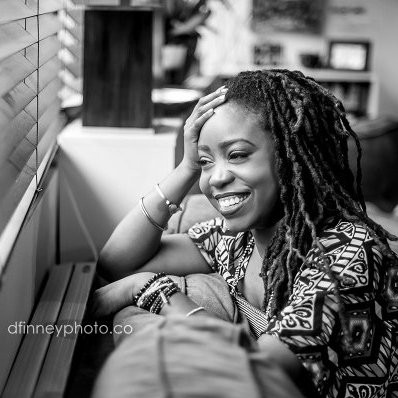
The new 'it' generation has arrived. Gen Z, also known as iGen, Founders or Centennials, were born in 1996 and after. This emerging generation brings a new worldview and different expectations as citizens, employees and consumers.
While most people think the generation after millennials are just kids, the truth is that some members of Gen Z are now as old as 20. They’re graduating college, entering the workforce, voting and will soon become the fastest growing group of consumers. And while they may often be referred to as mini-millennials, they’re actually a unique generation unto themselves.
The iGeneration
Gen Z is already the most influential group of technology trendsetters. And they offer the best preview of future trends, such as technology usage, communication, banking and shopping patterns. They also present challenges and opportunities to every aspect of society, from retail and technology to politics and the economy.
One key thing that sets iGen apart from millennials is that most don’t remember a time before technology as we know it. As a result, they tend to live much more of their entire lives —from interacting with friends and family to making major purchases — online and via their smartphones.
“This generation has a different experience than millennials,” said Calvin Stowel, chief growth officer of Do Something. “My little brothers are 17. The way that they interact with the world and with technology is different. They’re much more connected. They’re the early adopters. They’re on After School. They lead the charge on digital platforms like Snapchat, and they’re super passionate about important causes.”
Gen Z wants to make a difference in the world. An overwhelming majority of iGen are eco-conscious and concerned about humanity’s impact on the environment. While sustainability is of interest to most millennials, for Gen Z it will be imperative. They are more likely to shop from brands that care about the environment.
They are even more progressive and socially conscious than millennials. They’re aspirational, ambitious and mature. They’re reading the labels on the products they buy and want to know how their products are made. And while they are a bit more conforming than their predecessors (the rebel millennials), Gen Z loves to stand apart. They’ll scour the Web for unique brands from all over the globe.
Fashion, technology and the sharing economy
This passion for sustainability paired with technology and the rise of the sharing economy fueled the development of digital platforms that allow young people to connect, buy and sell unique, vintage and sustainable fashion.
A great example of this is ASOS. One of the world’s largest independent online fashion and beauty retailers for young fashion lovers, ASOS is a pillar of sustainability. The company’s business model is to achieve growth in a way that adds social value and minimizes environmental impacts.
When it comes to its products, the company focuses on ethical trading, sustainable sourcing and animal welfare. ASOS is also dedicated to helping customers understand sustainable fashion. Eco Edit is a curated destination website where customers can buy pioneering sustainable fashion and beauty goods. It's one of the ways the company promotes products made by manufacturers and brands that use sustainable business practices.
Another great example of a company bridging fashion, technology and the sharing economy is Savers. In an effort to combat waste that comes from clothing consumption, Savers has created a modern take on the classic thrift store -- and it's proving to be a hit with younger shoppers.
The company’s business model of purchasing, reselling and recycling gently-worn clothing items gives communities a smart way to shop and keeps more than 650 million pounds of used goods from landfills each year. And even better, profits from clothing donations help more than 120 nonprofit organizations across the globe support their vital community programs and services.
And when it comes to targeting campaigns to younger audiences, Savers is right on the money. In partnership with Eco Fashion Week, the company launched a series of challenges that invited designers and stylists to turn items found in Savers and Value Village stores into catwalk-worthy creations. This blend of fun, style and environmental consciousness is right up Gen Z's alley -- and it proved to be a social media hit.
In the coming years, we can expect to see an increasing number of campaigns, platforms and businesses which bridge the gap between fashion, technology and the sharing economy. Millennials and Gen Z will continue to drive this movement forward and smart, forward-thinking brands are beginning to take notice.
Image credit: Greg Raines via Unsplash

Joi M. Sears is the Founder and Creative Director of Free People International, a social enterprise which specializes in offering creative solutions to the world's biggest social, environmental and economic challenges through the arts, design thinking and social innovation.














